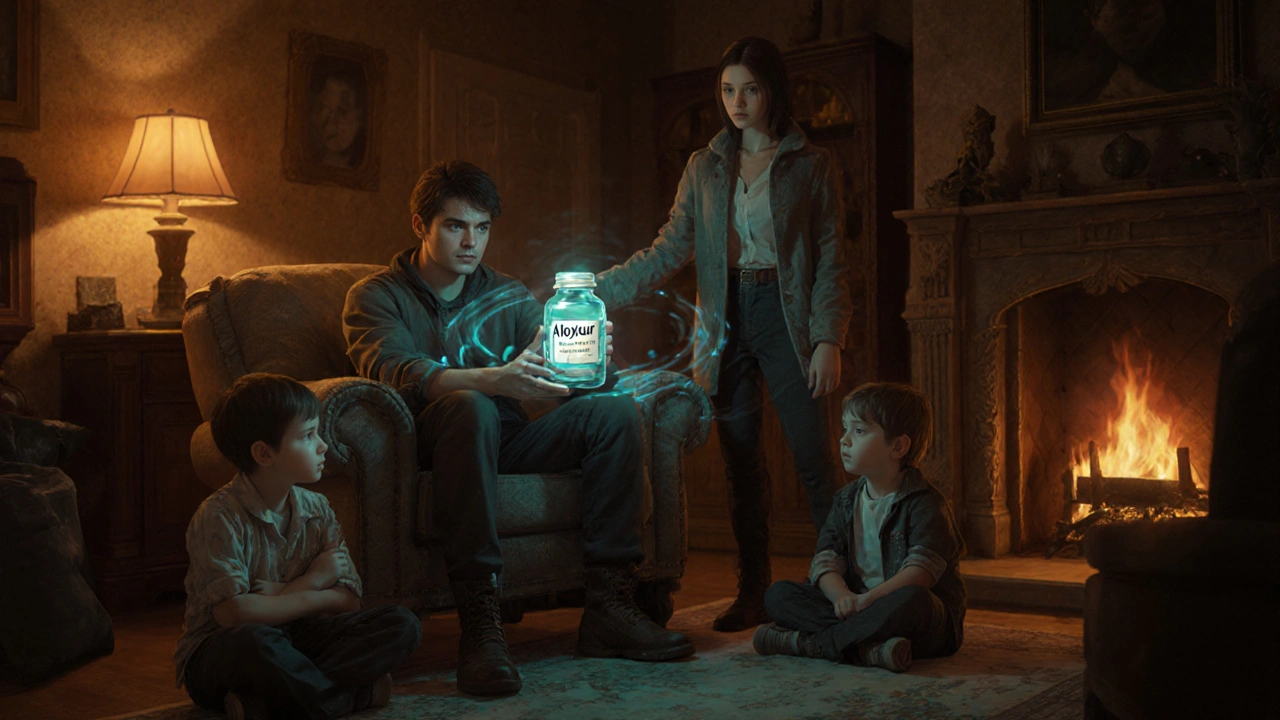Relationship Counseling: Your Guide to Stronger Connections
When working with relationship counseling, a structured process that helps partners improve communication, resolve disagreements, and deepen emotional bonds. Also known as couples therapy, it blends psychology, practical exercises, and personalized feedback. relationship counseling often starts with assessing each partner’s goals and identifying patterns that hold them back. For many, the first step is mastering communication skills, the foundation of any healthy partnership. Next comes learning conflict resolution techniques that turn arguments into problem‑solving sessions. Finally, many couples focus on intimacy building, which involves both physical closeness and emotional vulnerability.
People turn to relationship counseling for many reasons. Stress from work, financial worries, or health issues can create tension that feels impossible to untangle on your own. When anxiety or depression seeps into daily life, partners may feel disconnected or blame each other for mood swings. Counseling provides a neutral space where a trained professional can help you see the situation from a fresh perspective. By addressing mental‑health challenges early, couples often prevent small cracks from becoming major breaks.
Effective communication is more than just talking. It includes active listening, reflecting back what you heard, and checking assumptions before reacting. In a counseling session, therapists teach clients to use “I” statements—like “I feel upset when…”—instead of “You always…”. This shift reduces defensiveness and opens the door to genuine dialogue. Role‑playing exercises let partners practice these skills in a safe environment, so they’re ready to use them at home.
When disagreements arise, conflict resolution methods become essential. Counselors introduce models such as the “problem‑solve‑talk” where each partner first describes the issue, then together they brainstorm solutions, and finally agree on a concrete plan. Techniques like time‑outs prevent heated moments from escalating, and “fair fighting” rules keep the focus on the problem, not personal attacks. By consistently applying these tools, couples notice lower stress levels and higher satisfaction.
Intimacy goes beyond the bedroom; it’s about feeling seen, heard, and valued. Therapists may suggest shared activities, gratitude rituals, or touch‑based exercises that reinforce physical closeness. When emotional safety is strong, partners are more willing to explore deeper desires and boundaries, leading to a richer sexual life and stronger overall connection.
Relationship counseling comes in various formats. In‑person sessions offer face‑to‑face interaction, but many find online video appointments just as effective—especially when schedules are tight or travel is difficult. Some therapists run group workshops where couples learn from peers, while others provide short‑term intensive retreats focused on rapid skill‑building. Regardless of the setting, qualified professionals usually hold a Master’s or Doctorate in counseling psychology, social work, or marriage and family therapy, and are licensed by provincial regulatory bodies.
Success in counseling isn’t guaranteed overnight; it requires commitment from both partners. Setting realistic goals, practicing new skills between sessions, and regularly reviewing progress keep momentum going. Many couples report measurable improvements in trust, empathy, and conflict frequency within a few months. When both people stay engaged, the relationship often emerges more resilient and adaptable to future challenges.
What to Expect in Your First Session
The initial meeting typically begins with a brief intake: the therapist asks about your relationship history, current concerns, and individual backgrounds. This helps create a tailored treatment plan. You’ll then discuss specific goals—maybe reducing daily arguments, improving emotional intimacy, or managing the impact of a health condition on the partnership. The therapist may assign simple homework, like a daily check‑in or a gratitude journal, to start building new habits right away.
Below you’ll find a curated collection of articles that dive deeper into topics that often intersect with relationship counseling—such as anxiety’s effect on job performance, medication side‑effects that can affect mood, and strategies for managing chronic health conditions together. Exploring these resources can give you a broader view of how personal well‑being and partnership health are tightly linked, and equip you with extra tools for a thriving relationship.
Explore how Alozur affects family life, from side‑effects to relationship tips, and learn practical steps to keep harmony while the medication works.

 Pharmacology
Pharmacology